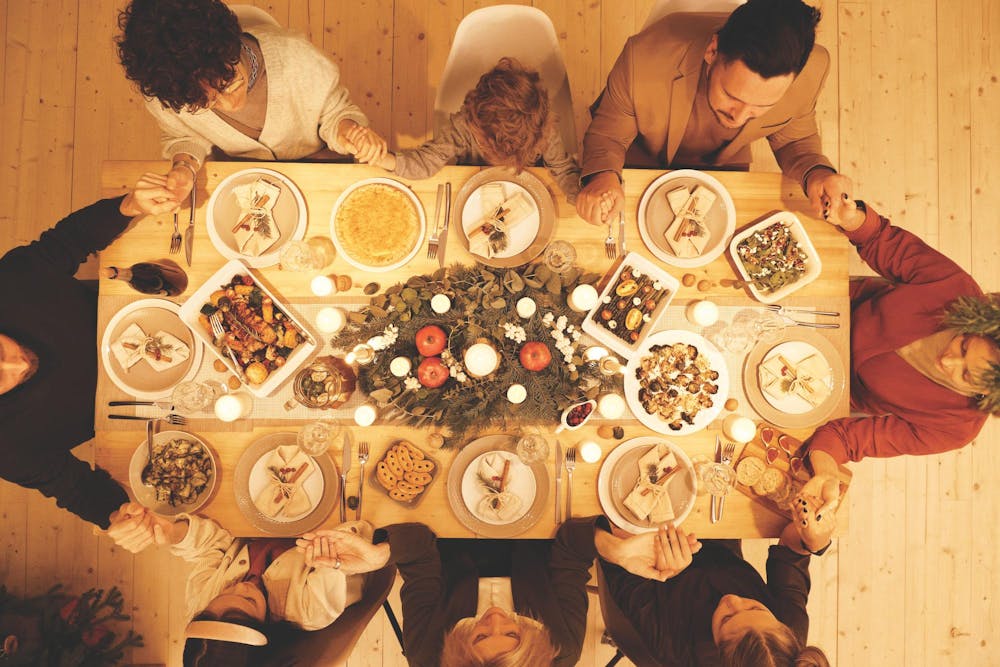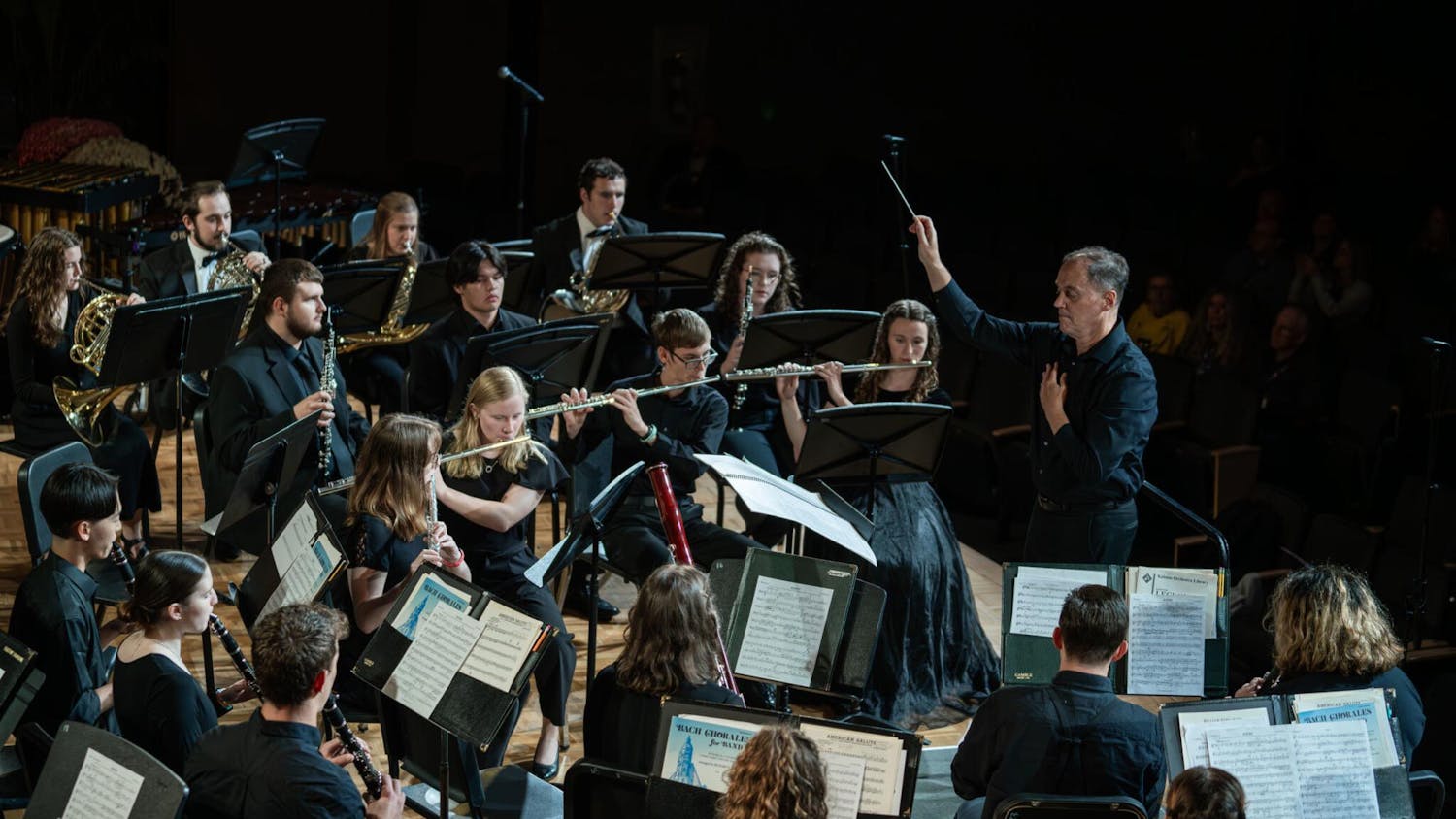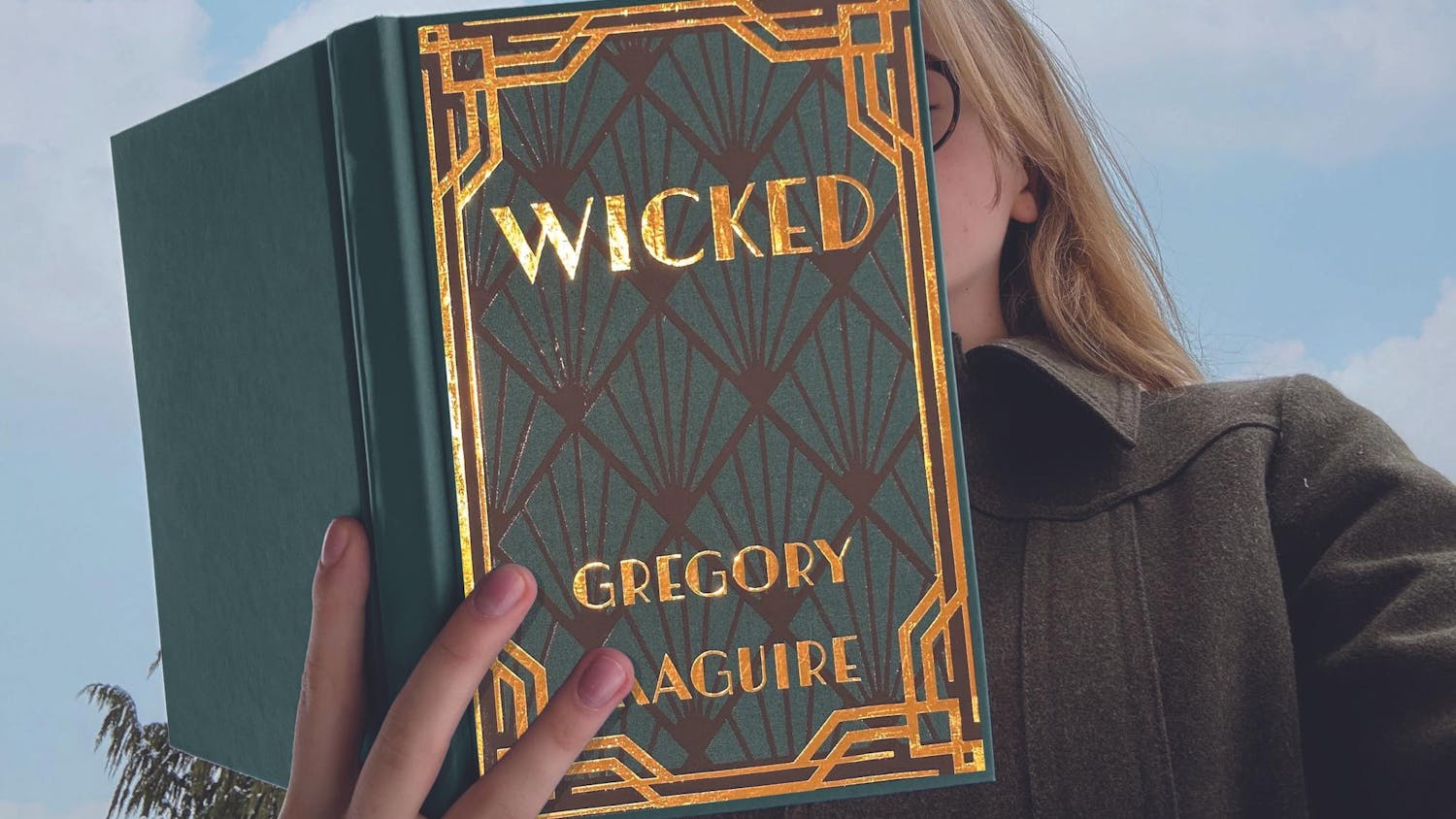With Easter approaching at the end of this month, Taylor students of diverse backgrounds are anticipating different traditions.
A common theme surrounding this time is family togetherness. In many cultures, sharing a meal with close relatives is an important aspect of their traditions. How that family time is spent together is diverse across the world.
Rebecca Zuberbuehler, who was born into a Swiss and German household and moved to the Philippines, discussed some of her family’s Easter traditions. In Germany, they make Easter bread, and Zuberbuehler’s family bakes it into the shape of bunnies. On Easter Sunday, they eat bread together as a family.
In China, Easter is more commercialized, according to sophomore Abi Chen, who was born and raised there. For most people, the holiday is just another opportunity to get together and eat good food. The Christian origins of Easter are only significant to the Christians in China, she added.
According to Chen, Chinese traditions place great value on symbolism and good luck. Different types of foods and animals are commonly used as symbols. All of the traditions emphasize family together.
“I see that a lot: family and then good food,” she said.
Alyssa Tuckey, raised in Austria with missionary parents, talked about the emphasis the country has placed on rest and family togetherness, especially for this type of holiday. Stores will close at 7 p.m. every day and stay closed on Sundays. It is expected that the Sabbath is just a day of rest, she added.
Because Austria has strong Catholic roots, people get all of these religious holidays off.
Easter is a time to remember the sacrifice that Christ made and his resurrection three days later. Not everyone celebrates Easter like that, but for Christians, it is a significant holiday with a deep meaning behind it.
“We’d always have lunch together as a family and spend some time reflecting on the beauty of Easter and just how thankful we were to have Jesus be our savior,” Tuckey said. “It was always a really sweet reminder of that.”
On Easter, Zuberbuehler’s family will stay at home to read and reflect on the day’s meaning together instead of going to a church service. As they are preparing in the time leading up to Easter, they will have reflective conversations together.
A popular tradition across cultures is the use of eggs in their celebrations.
Tuckey said that, similar to most Americans, she would participate in Easter egg hunts as a child in Austria. Her family would also decorate beads like most Americans do with eggs, but would hang them around their house instead of hiding them.
In German traditions, people boil and dye eggs with different colors, Zuberbuehler said. When her dad was a child, the family would go on Easter walks. During these excursions, the children would bring their eggs, and have egg races down hills.
A common tradition that Zuberbuehler has participated in when she goes back to Germany is using eggs to decorate an Easter bush.
For both Tuckey and Zuberbuehler’s families, walks are a special part of their Easter traditions that emphasize family togetherness. Across cultures, quality family time is very important, especially on Easter, when Christians reflect on sacrifice and salvation.





